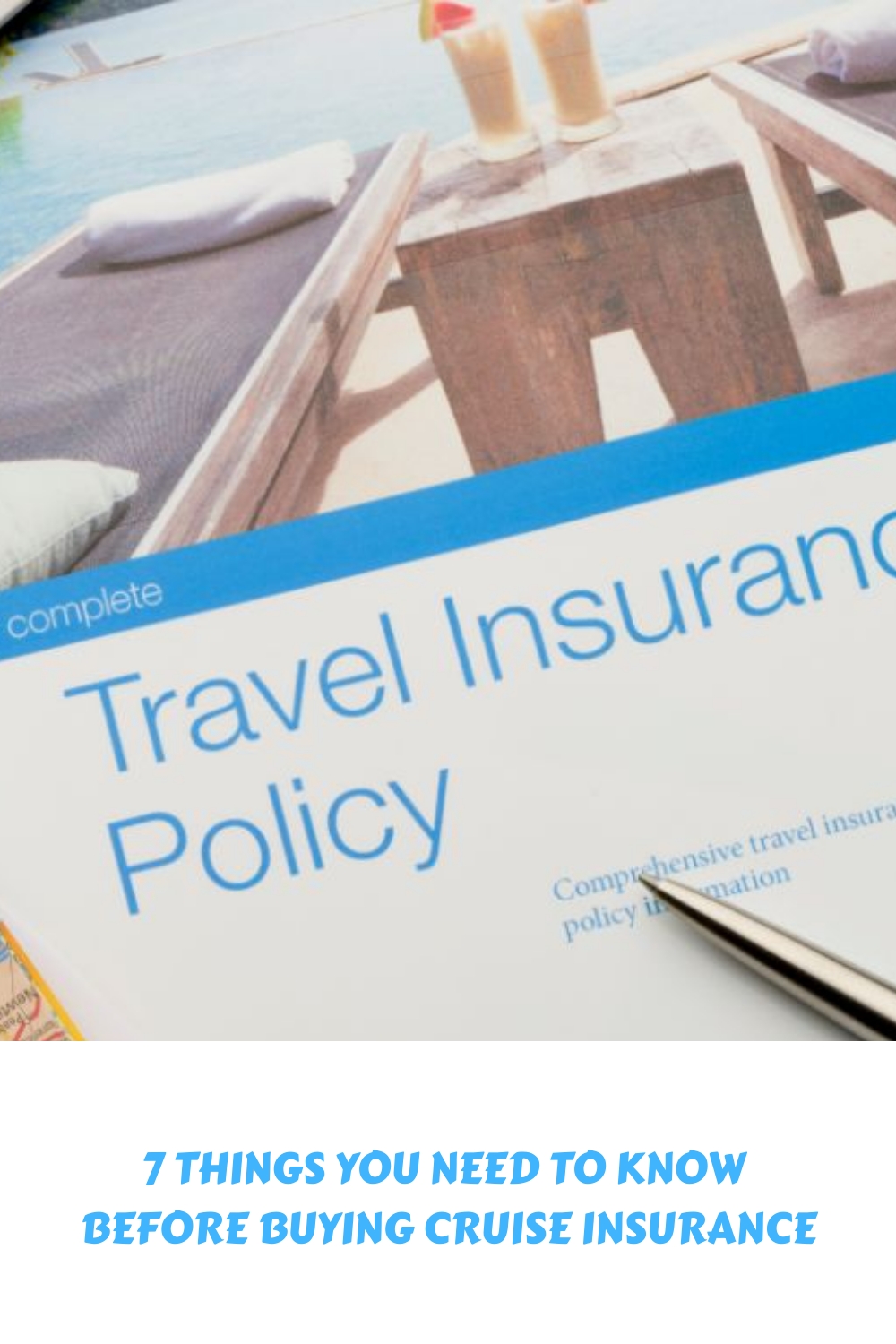If you’re about to book a cruise and then plan on booking your travel insurance immediately with the first provider you can find, you need to slow down.
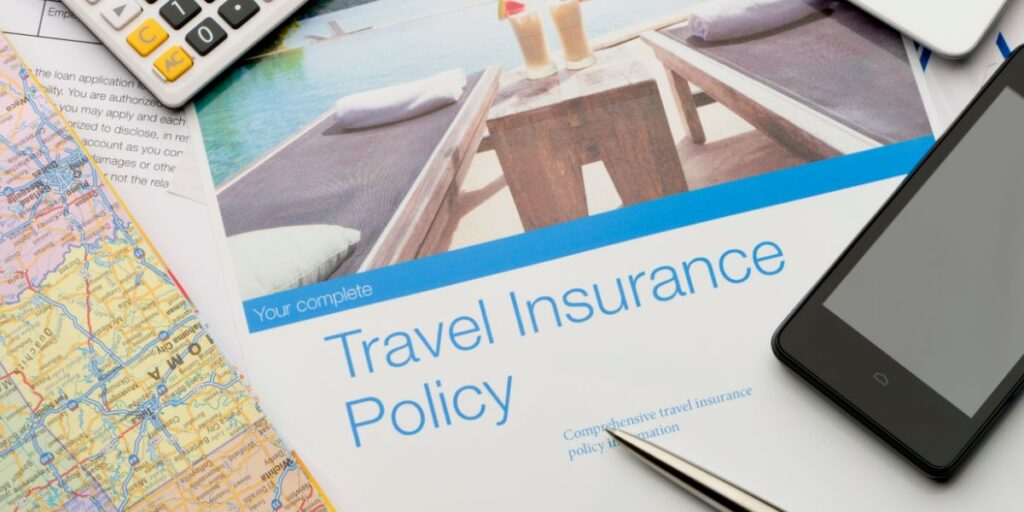
Don’t get me wrong – booking your insurance quickly is the right thing to do – but just diving in without properly considering it could lead you to some serious problems further down the line.
These tips will help you to make sure you get a policy that’s right for you – one that’s not too expensive, but also one that has you covered should anything go wrong while you’re on your cruise.
1. The day you book should be the day you buy insurance
The right thing to do when booking a cruise is to then pay for your cruise insurance on the same day, but you still need to do your research and check different policies.
But yes – once the cruise is booked, get the insurance booked. And there are two main reasons for that.

Firstly, you want your cancellation cover to be in place as quickly as possible, because you never know what might happen. You might book a cruise, but then the next day it gets cancelled and you’re out of pocket. Or something happens to you or someone you’re travelling with, and now you can’t go.
If you’ve booked your insurance already, you can make a claim. If you were waiting, then you’re out of luck – you can’t book it after the problem has come to light.
The second reason is related to pre-existing medical conditions. If you have any, then you need to make sure you book your insurance typically within 2-3 weeks of paying your deposit on your cruise (it’ll vary slightly by provider).
If you don’t, then the insurance isn’t valid. That’s because, the further out you cancel a cruise, the more money the cruise line will give you back as a refund – and therefore, the less an insurer has to pay to top you up.
With pre-existing conditions, they want you to have your insurance as soon as possible, to mitigate some of the risk.
2. You have to be honest about pre-existing conditions
I know that cruise insurance can be expensive, but that doesn’t mean you can lie when you take out your policy to cover up any pre-existing conditions you or your travelling group might have.
Insurers are not the kind to just give you a payout without doing some investigation work, and so if you try to make a medical claim while you’re sailing, or you cancel before you travel because of a medical problem, they are going to then make sure you didn’t have any undeclared conditions that caused the issue.

And when (not if) they do find out, you’re not going to get a penny out of them.
So you might have saved a little bit by covering up your conditions, but then if you suffer something along the lines of the horror stories of people who didn’t have insurance, you might be thousands of pounds/dollars in debt.
Don’t take the risk. List everything, and at least then you’ll know you’re covered.
3. It’s your responsibility to update your policy if needed
The fact that cruise insurance companies want you to get your insurance as soon as possible, especially if you have pre-existing conditions, does not let you get away with it if your circumstances then change later.
By taking insurance out on the same day you book your cruise, you might be paying for the policy up to a years in advance. And a lot could happen in that year – including the unfortunate chance that you might develop a medical condition.
If that condition doesn’t stop you cruising, but there’s a chance it could have an impact on you while you sail, you do have to update your insurer, and potentially pay a top-up for your premium.
If it’s only something minor, you’ll probably just be told that your policy can remain the same (get it in writing, though – don’t call).

Your insurance covers you for your cruise in the future, based on your circumstances now. And if those circumstances change, the policy can still be invalidated.
4. You might save money with an annual plan
Even if you only have one cruise planned right now, it’s worth doing a search to see how much an annual cruise insurance plan would cost you, compared to a single-trip policy.
You might be surprised to see that the price difference isn’t huge, and so it could be worth taking out the annual plan anyway, just in case you love your cruise so much that you book another within the next few months.
Not only that, but specialist cruise insurance can actually cover you for other types of travel too. Depending on your policy, you might be protected for land holidays within the 12 month period as well.
Always check annual prices before committing to a single trip – because two single-trip policies will definitely cost a lot more.
My Recommendation
My recommendation for cruise insurance depends on where you live.
- If you live the UK: Compare Your Cruise Insurance
- If you live the USA: InsureMyTrip
These are trusted price comparison sites that will quickly get you lots of quotes to match your exact needs.
5. Cancellation cover is not always comprehensive
Cruise insurance is designed primarily to cover your medical costs while you’re travelling, and to protect you if your cruise is cancelled for reasons outside of your control.
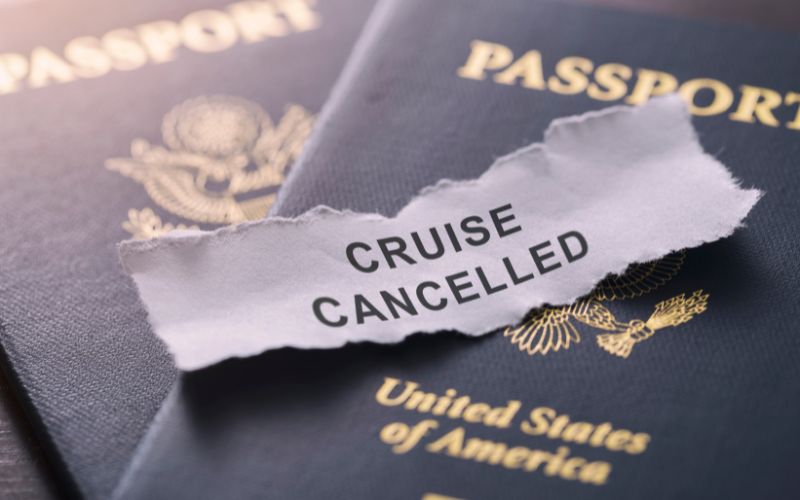
But you shouldn’t assume that you’ll get the full price of your cruise back – that depends on your policy.
You’ll usually have a set amount that’s included, with the cheapest policies maybe only covering you for around £1,000 or $1,000 and the best offering you around five times that, unless you take out a specialist policy.
You also won’t get a double refund if your cruise line gives you some money back. Insurance exists to top you up if you don’t get all your fare back from the cruise line.
Again, the closer you are to your sailing date, the less you’ll get back from the cruise line – but if they give you 50% back, your insurance policy will hopefully cover the other 50%.
Just make sure you check what you’re getting, and don’t think that claiming on your insurance guarantees a full refund.
6. There may be lots of extras to consider for your policy
There isn’t just a standard cruise insurance policy that you can take out – instead, policies will have different inclusions, including some extra packages that may come with the policy or that you can pay extra to add on.
One of the most common is missed port cover, where you’ll get money back if your ship has to miss a port on your itinerary – which can happen due to the weather.
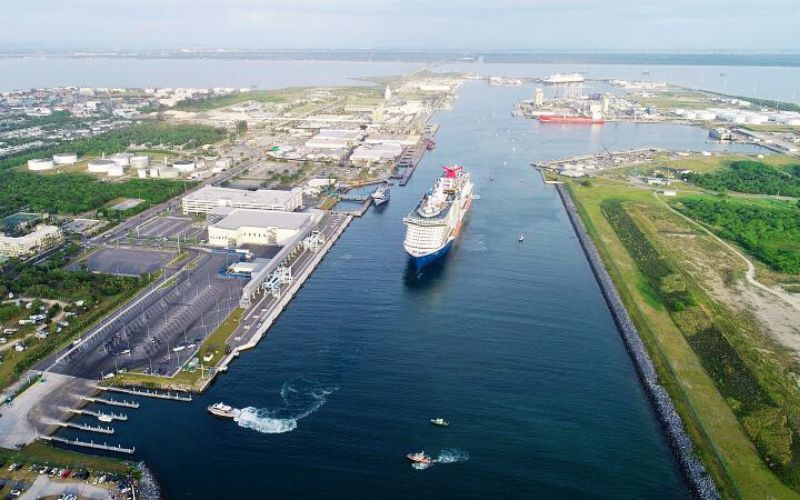
There’s also cabin confinement cover, for those rare times you might get a vomiting bug and be asked to quarantine in your cabin for 24 hours until symptoms have died down. That’s not a fun way to cruise, so you can get money back for that.
Explore your options before you buy a policy, and make sure you get good coverage for the things that matter to you – it’s better to pay a small amount extra now, than risk missing ports or being stuck in your cabin without getting any refund.
7. Not every excursion might be covered
It’s also important to note that cruise insurance doesn’t cover absolutely everything about your cruise. In fact you might be surprised by the things your cruise insurance doesn’t cover.
One that often catches people off guard is the excursions on your cruise. Typically, most will be covered. If you trip on some steps while taking a walking tour of a city, and you need treatment for a sprained ankle, you’ll be able to get help with the costs.
But cruises often have exciting excursions involving a lot of thrills, such as water sports, off-road safaris, white-water rafting or shark diving. And there’s a good chance your standard insurance policy – even one designed for cruises – won’t cover you for those.
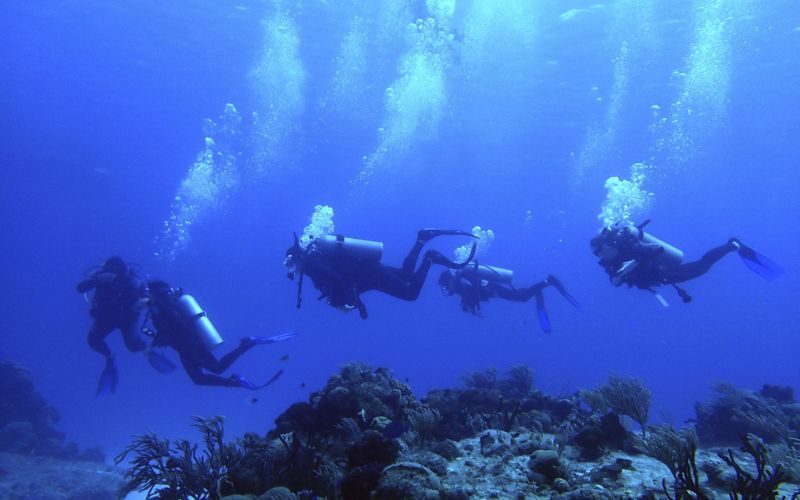
If you’re an adrenaline junkie, make sure you check what your policy covers before you buy, and ask insurers about specialist cover for the experiences you simply can’t miss.
How To Get The Best Price
Whatever you do, don’t pay for your cruise and then just pay for the first insurance policy you find. It might not be right for you, and you might also pay a lot more than you need to.
My Recommendation
My recommendation for cruise insurance depends on where you live.
- If you live the UK: Compare Your Cruise Insurance
- If you live the USA: InsureMyTrip
These are trusted price comparison sites that will quickly get you lots of quotes to match your exact needs.
Use a price comparison site – it’s no more effort, since you’ll be putting in the same details as you would with a single insurer, but the site will then get you a list of different quotes to choose from, so you can see at-a-glance what you’ll get depending on how much you’re willing to pay.
I’d recommend Compare Your Cruise Insurance for anyone in the UK, and InsureMyTrip for any US cruise passengers. If you live elsewhere, search online for a price comparison site for cruise insurance specifically, and you should find one.
Don’t miss my Cruise Insurance Buyer’s Guide for more information on what to expect from a policy, the typical costs and more.
Related Topics
- Why You Need Cruise Insurance (Not Just Regular Travel Insurance)
- 9 Reasons Cruise Insurance Is So Expensive
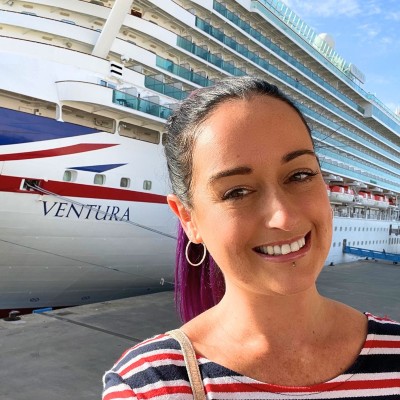
Jenni Fielding is the founder of Cruise Mummy. She has worked in the cruise industry since 2015 and has taken over 30 cruises. Now, she helps over 1 million people per month to plan their perfect cruise holidays.

